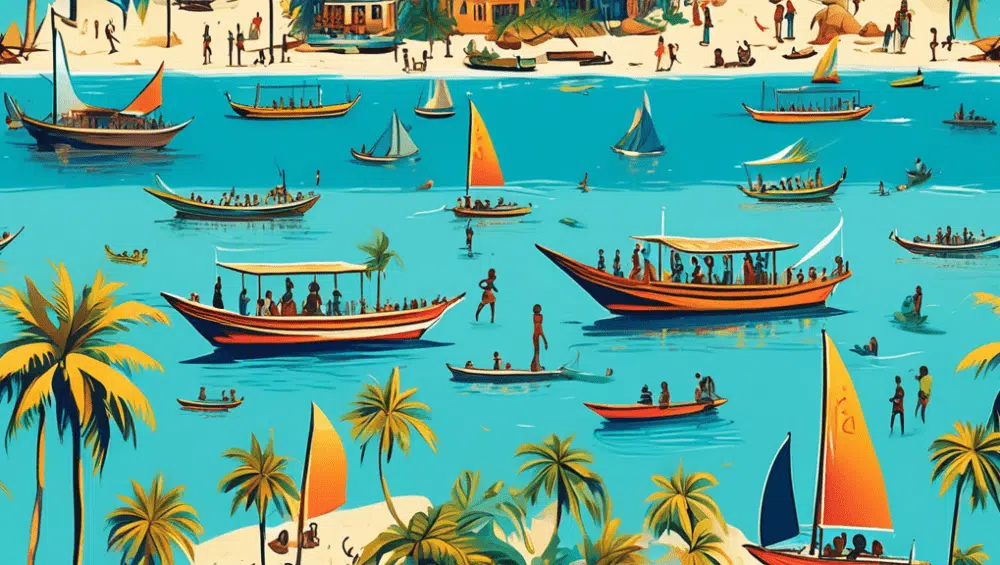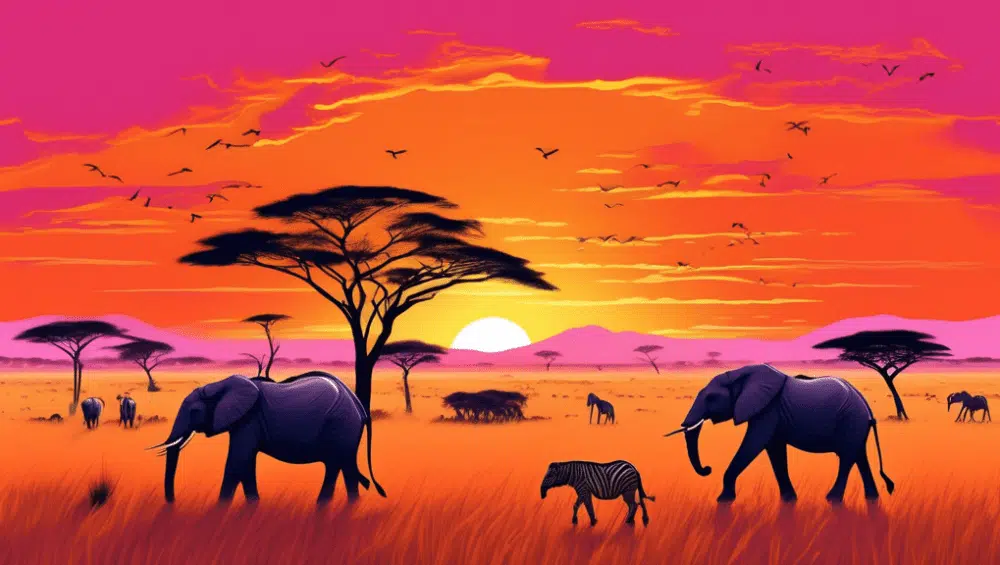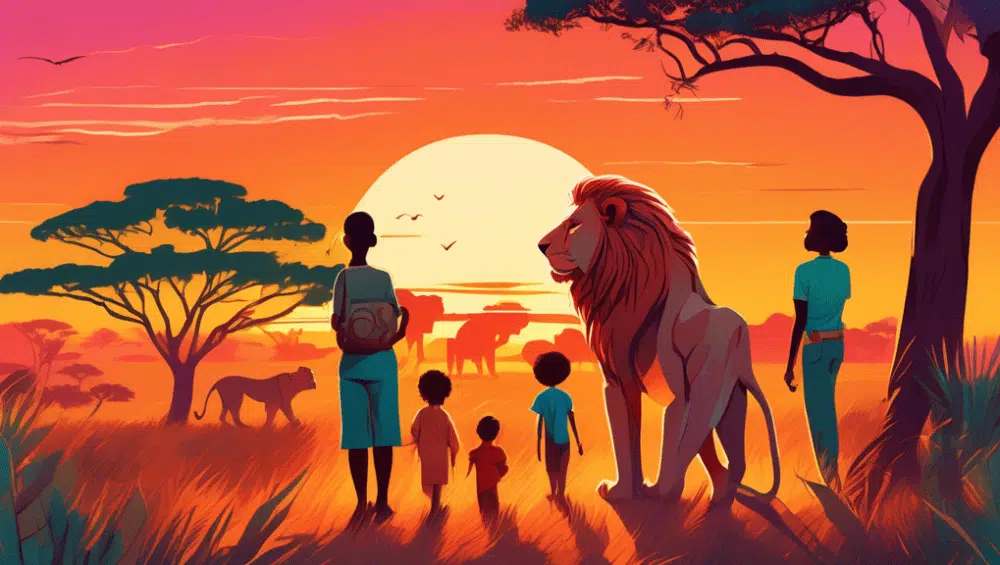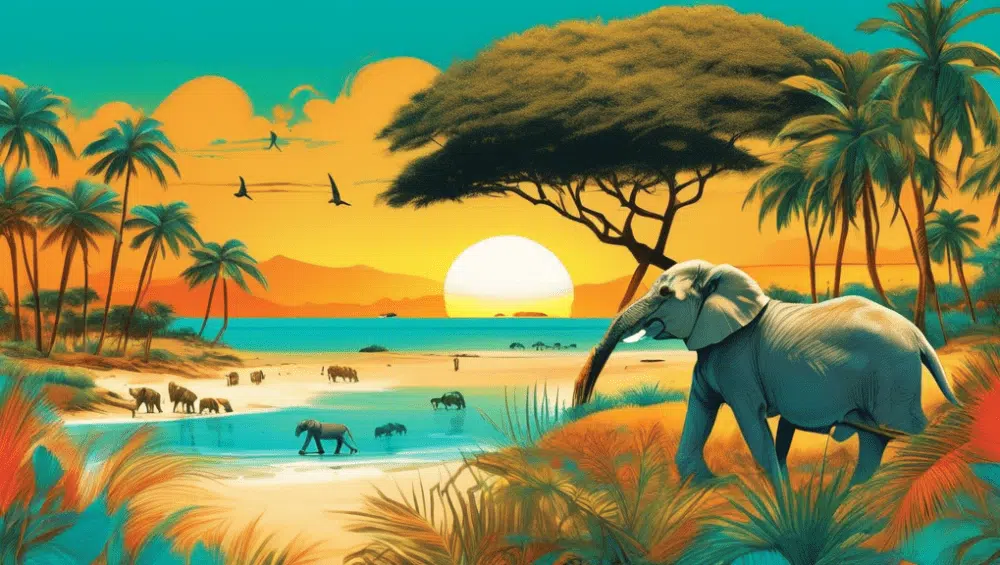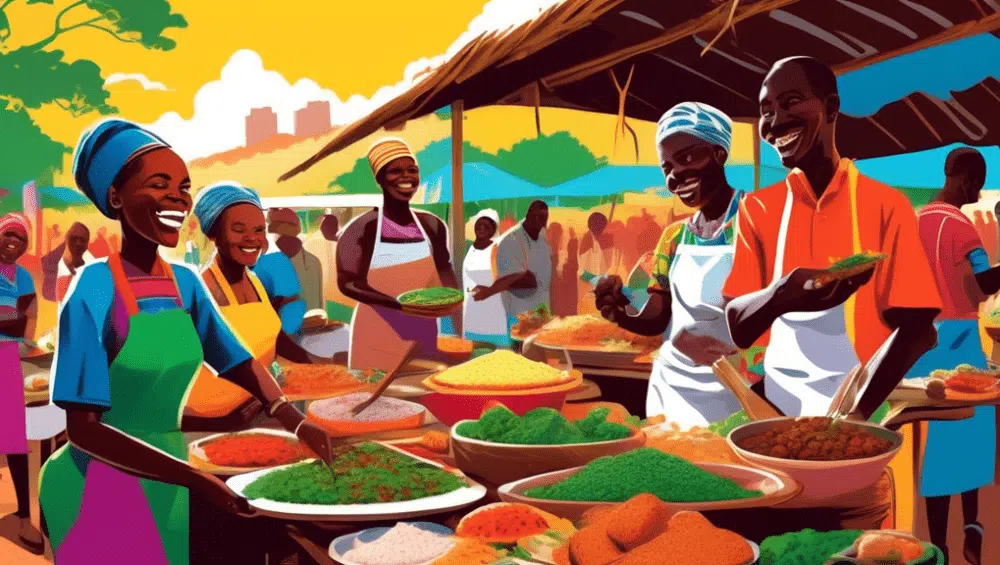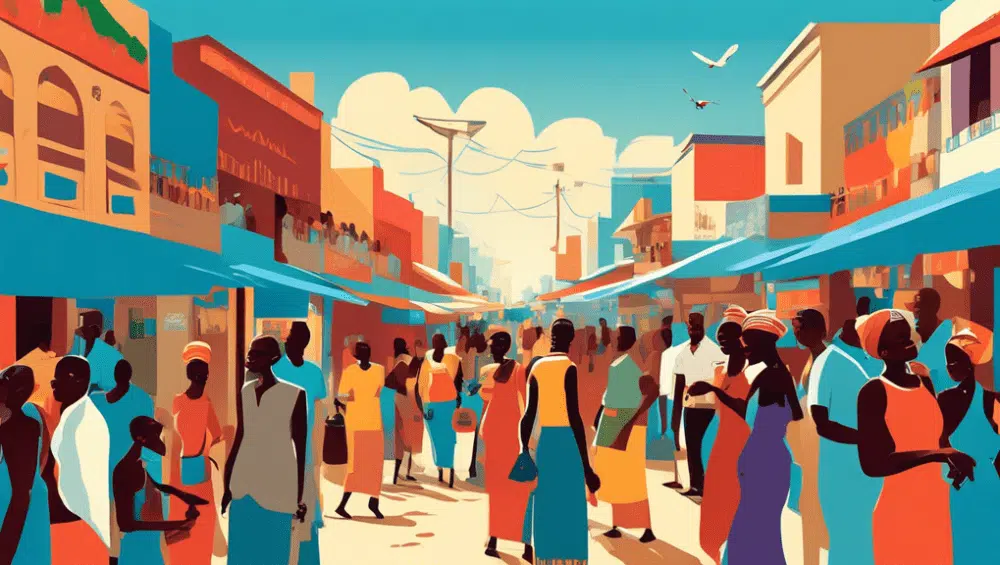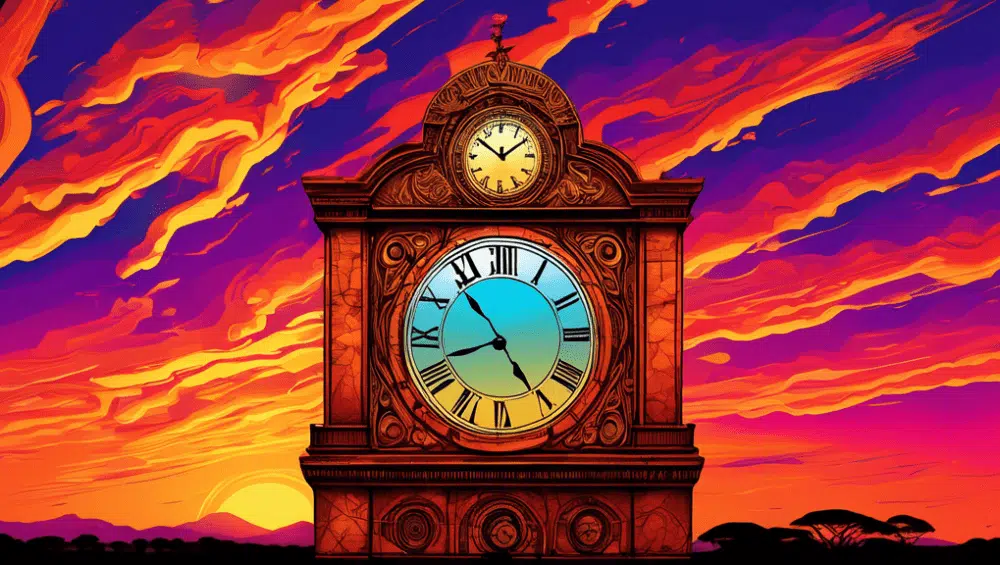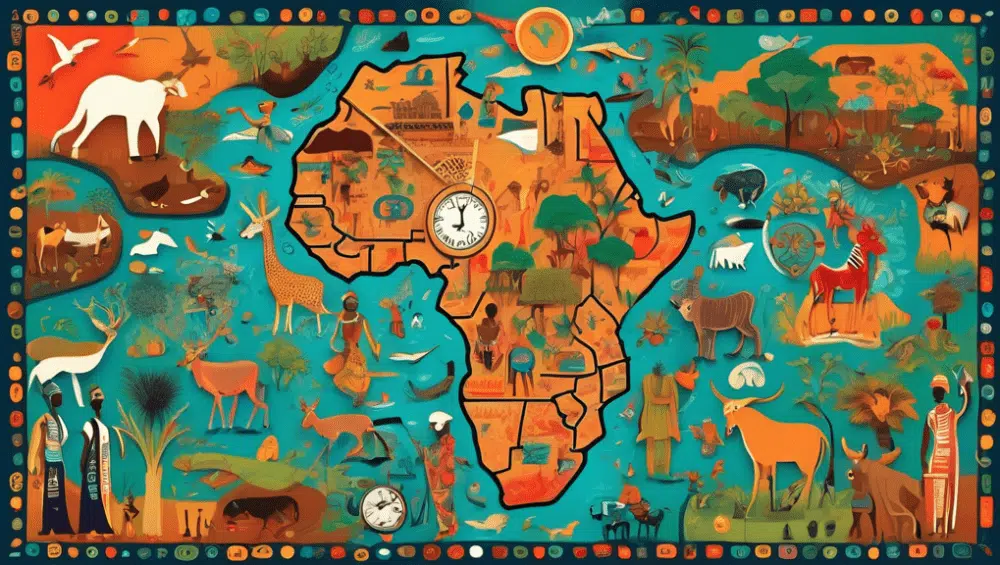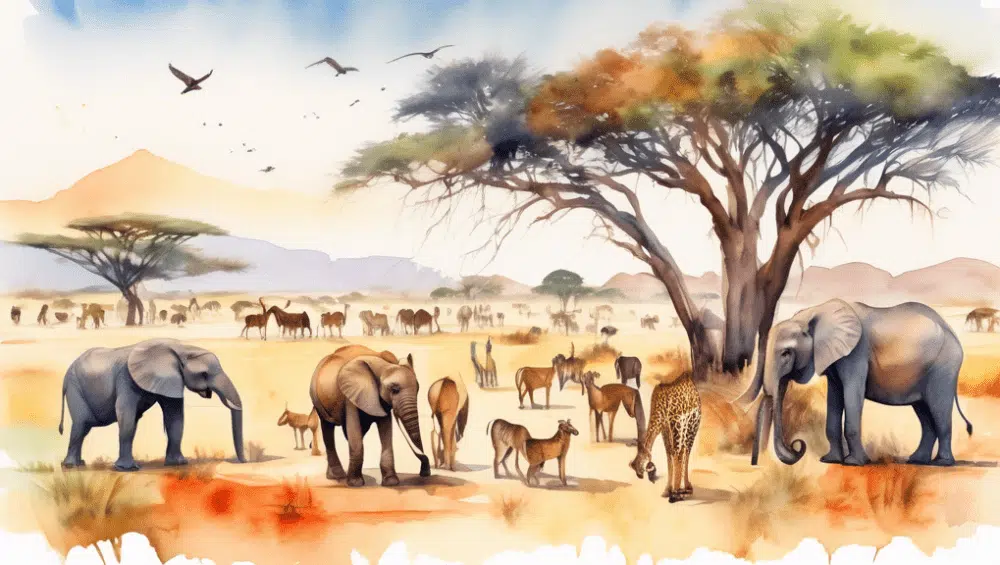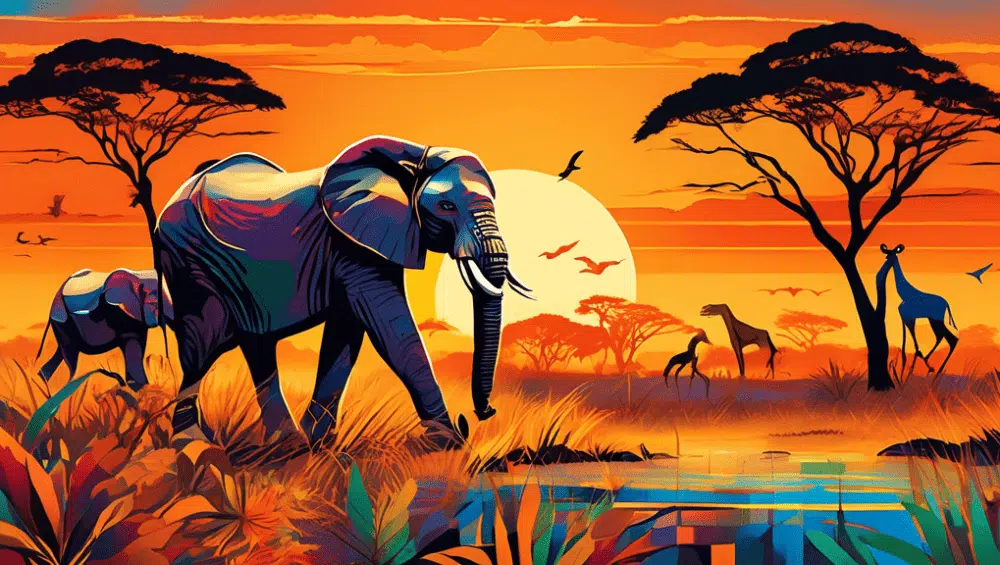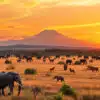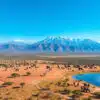Top Attractions and Activities in Zanzibar
Exploring the Magical Island of Zanzibar: Where Adventure Meets Tranquility
Ever thought about packing your bags and escaping to a paradise island? Well, why not Zanzibar? With its mesmerizing blend of white sandy beaches, fascinating culture, and thrilling adventures, Zanzibar is that tropical dream come true! Let’s dive into what makes Zanzibar, off the coast of mainland Tanzania, a bucket-list destination.
Feel the Sands and Hear the Waves at Nungwi Beach
We all have our own version of the ‘perfect beach’, right? Now imagine stepping onto Nungwi Beach. The soft, white sands tickle your toes, and the warm, azure waters invite you for a dip – it’s perfection painted real! Located on the northern tip of the island, Nungwi is not just great for lounging but perfect for snorkeling and diving among vibrant corals. And, if you’re like me who loves a good sunset, the views here will have you catching your breath every evening.
Step Back in Time at Stone Town
Wind your way through the narrow alleys of Stone Town, the historical heartbeat of Zanzibar. Feel the echoes of the past as you admire the unique architecture, with influences from Arab, Persian, Indian, and European styles. Curious about Freddie Mercury? Yes, the rock legend from Queen was born here! Don’t miss visiting the Freddie Mercury House. The Forodhani Gardens food market in the evening is also a must; it’s the ideal place to get a taste of local Zanzibari cuisine. Ever tried Zanzibar pizza? It’s a culinary twist you won’t forget!
Dive Into the Deep at Mnemba Atoll
If marine life makes your heart beat faster, Mnemba Atoll is your wonderland. Imagine swimming alongside shoals of colorful fish, playful dolphins, and graceful sea turtles. Mnemba is a protected area and offers some of the best snorkeling and diving experiences in East Africa. Whether you are a beginner or an experienced diver, the underwater world here is enchanting.
Spice It Up with a Tour of the Spice Farms
Did you know Zanzibar is called the ‘Spice Island’? A spice tour is almost obligatory when you’re here. Walk through the aromatic spice farms, witnessing firsthand the cultivation of cloves, vanilla, nutmeg, and cinnamon. It’s not just an olfactory delight; you’ll get to touch, taste, and even wear these spices! I still remember the “spice necklace” made just for me out of lemongrass and cinnamon. Delightful!
Meet the Giants at Jozani Chwaka Bay National Park
For the nature lovers and wildlife enthusiasts, Jozani Chwaka Bay National Park is a sanctuary housing Zanzibar’s rare Red Colobus Monkeys. These aren’t just any monkeys; they’re only found here in Zanzibar! The park also offers a dense mangrove forest and walking trails where the air is filled with the sounds of various bird species.
Embark on a Dhow Cruise at Sunset
What’s a visit to an island without a sail across its waters? Hop on a traditional dhow, the wooden sailing vessel used by the local fishermen, and set off into the ocean as the sky turns into a palette of fiery colors at sunset. It’s peaceful and thrilling, all wrapped in one experience. Bring a camera, because you’ll want to capture this picturesque scene.
Last Thoughts on Your Zanzibar Adventure
Beach love, historical wanders, spice tours, and wildlife – Zanzibar packs a punch with its variety of attractions and activities. It’s the kind of place that lingers in your heart long after you’re home. And who knows? Like many others, including yours truly, you might find yourself dreaming of your next visit before you even leave. Have you started packing yet?

